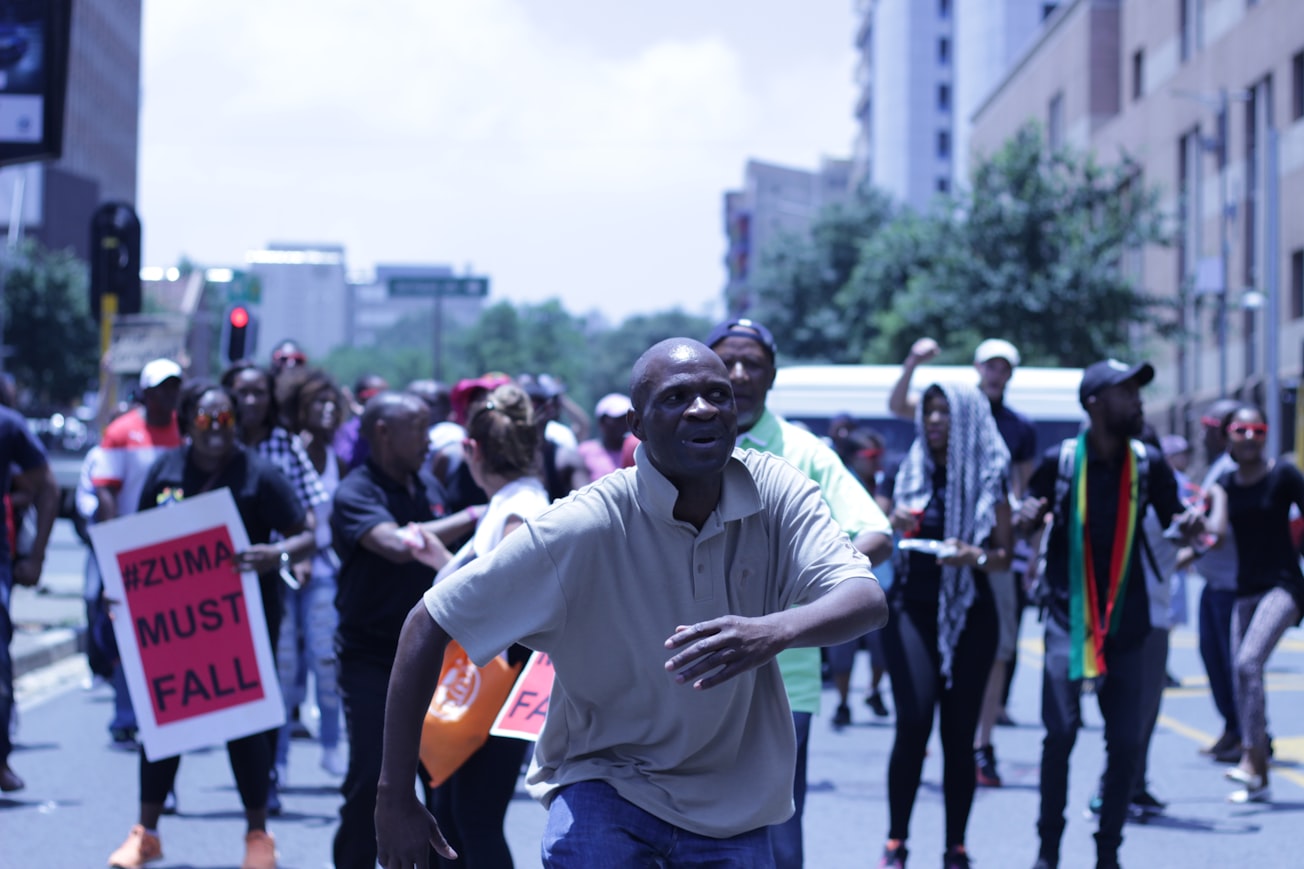What is it about?
Boko Haram and the Islamic State of West African Province (ISWAP) activities in Northeastern Nigeria are distorting the socio-political and economic fabric of the state. The nefarious activities, which include indiscriminate violence are crippling the Nigerian security architecture and are contributing to increased crime. To address this terrorism-hydra-challenge all hands should be on deck. Ideally, the government and key stakeholders such as civil society, specifically Non-governmental organisations (NGOs) should be cooperating and working as partners in addressing terrorism problem – but the reality is far from that. NGOs are essential stakeholders in mitigating the challenge of terrorism. However, with the government, there exist a mutual suspicion, particularly between government and NGOs operating in the Northeastern part of the country. In Politics of conviviality? State-Civil Society Relationships within the Context of Counter-Terrorism in Nigeria, an article that I published in 2017, I highlighted the nature of government-NGOs relations in the counter-terrorism context. Notably, I argued that the Nigerian government employed a two-pronged strategy of co-option and control in engaging with NGOs. First, the government classifies international and local NGOs as “good or bad”. It then endorses and engages those organisations it perceive to be “good” NGOs in its soft counter-terrorism programmes. Government’s partnership with these organisations is premised on their willingness to provide social services only and not conduct any political advocacy. The government classifies the other set of NGOs as “bad organisations” because of their advocacy efforts regarding justice for victims of terrorism and counter-terrorism operations. Their work mostly focus on vulnerable women, children and terrorist suspects illegally detained by the government in various detention facilities. The Terrorism Prevention Act of 2011 (as amended) and the Money Laundering Prohibition Act of 2011 (as amended) were legal tools used by the state to curb the operations of these “bad NGOs.” From my interviews with NGO executives, government security agents and programmes officers working in women, youth/children, faith-based and human rights advocacy organisations, I observed that 51.7% of the NGOs’ programme officers reported government restrictions of access to information on counter-terrorism operations and terrorist attacks. In addition, 37.1% of NGOs stated that they were restricted from accessing victims of counter-terrorism operations and terrorist attacks. Lastly, 36.1% of NGOs reported that they were forced by the government to change their programmes due to security concerns. Interestingly, government officials, including senior and junior security agencies involved in counter-terrorism operations confirmed the above reports by NGOs. They argued that NGOs should stick to social service provision instead of demanding information that is classified or engaging in activities that incite violence in an already volatile environment. They further stated that the advocacy activities by NGOs negatively affect government counter-terrorism campaigns. However, despite the adverse effects of government’s counter-terrorism measures on the operations of NGOs, the NGOs did not collectively contest these measures. My study shows that 87.3% of respondents did not resist government counter-terrorism practices. Moreover, 49.8% of respondents reported that their organisations showed support to the government’s counter-terrorism programmes.
Featured Image

Photo by palesa on Unsplash
Why is it important?
What this all means is that NGOs’ capacity to operate optimally in Nigeria is shaped by the politics that places NGOs in the service of the government. This creates a toxic relationship, in which the government endorse and co-opts NGOs that advance its interest – and constrains those organisations it perceive to be uncooperative. The effect is that there is an emergence of NGOs that self-censor and are unable to call out the government on issues of good governance, accountability, transparency and social justice. Mark Sidel termed this “associational counterrevolution“. It also underlines government practices of establishing and engaging puppet NGOs popularly know as “governmental, non-governmental organisations (GONGO).
Perspectives
In conclusion, for the Nigerian government to win the fight against terrorism, it must retrace its steps. The government must see NGOs as independent partners and essential stakeholders. It must be willing to listen to and work with advocacy organisations so that issues of human rights violations in counter-terrorism operations are investigated and addressed. It has been well established that alienating human rights in counter-terrorism builds grievances that are often exploited by terrorist groups to recruit followers. Unaddressed local grievances can and are known to have strained government relations with communities in the Northeast, which adversely affects the government’s ability to effectively curb terrorism.
Dr Emeka Thaddues Njoku
University of Ibadan
Read the Original
This page is a summary of: Politics of Conviviality? State–Civil Society Relations Within the Context of Counter-Terrorism in Nigeria, VOLUNTAS International Journal of Voluntary and Nonprofit Organizations, August 2017, Springer Science + Business Media,
DOI: 10.1007/s11266-017-9910-9.
You can read the full text:
Resources
Contributors
The following have contributed to this page










